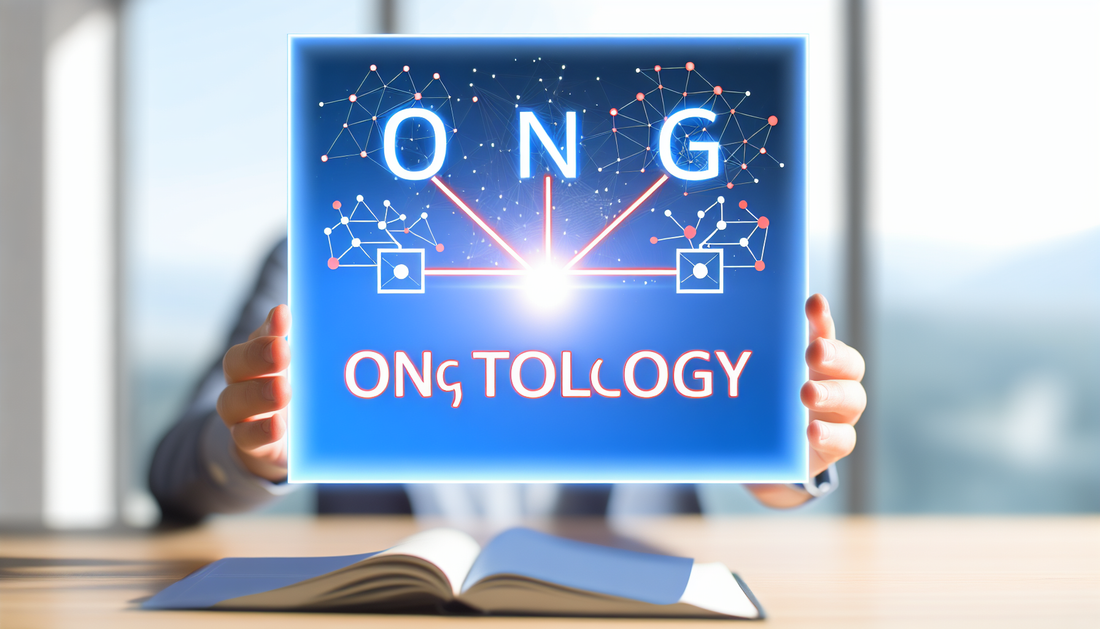
Ontology's Evolution: The Role of ONG in Blockchain
Share
Ontology and its Crypto Asset ONG: A Historical Perspective
Ontology, a high-performance public blockchain, emerged in the crypto landscape with an aim to offer a robust multi-chain system. Founded in 2017, it sought to provide interoperability and scalability within its infrastructure, enabling seamless interaction across different blockchain networks. Central to Ontology’s ecosystem is its native utility token, ONG, which plays a crucial role in the network's governance and transaction processes.
The inception of Ontology was driven by the vision of creating a decentralized trust ecosystem. The founders of Ontology recognized the increasing demand for trust solutions in the digital space, particularly in the fields of identity and data management. By leveraging blockchain technology, they envisioned a platform where data could be securely verified and exchanged without compromising privacy.
One of the standout features of Ontology is its dual token system. The network operates with two primary tokens, ONT and ONG. While ONT serves as the main token for staking and network participation, ONG is generated as a secondary token through staking ONT. This system not only incentivizes participation and security within the network but also facilitates decentralized governance by allowing stakeholders to vote on important network decisions.
The historical development of Ontology is also marked by its collaborations and expansions. Ontology’s partnerships with various blockchain projects have allowed it to tap into new use cases and expand its influence in the blockchain domain. These collaborations aim to enhance Ontology's scalability, enabling it to support complex decentralized applications (dApps).
As the blockchain ecosystem evolves, Ontology continues to adapt and innovate. It is part of a broader movement within the blockchain community to focus on cross-chain interoperability. This focus is critical as it addresses the challenges of limited communication between different blockchain platforms, thus enhancing the utility and reach of blockchain technology.
Ontology’s journey highlights the dynamic nature of the blockchain industry. By building a platform that emphasizes trust, security, and scalability, Ontology stands as a significant contributor to the advancement of decentralized technologies. Moreover, the role of ONG within this ecosystem underscores the practical applications of blockchain in creating value for its users.
For those interested in the broader implications of cross-chain solutions, exploring resources like [Kadena's Future: Scaling Blockchain for Tomorrow](https://bestdapps.com/blogs/news/kadenas-future-scaling-blockchain-for-tomorrow) might provide additional insights into how similar projects are navigating the scalability and interoperability challenges within the blockchain space.
